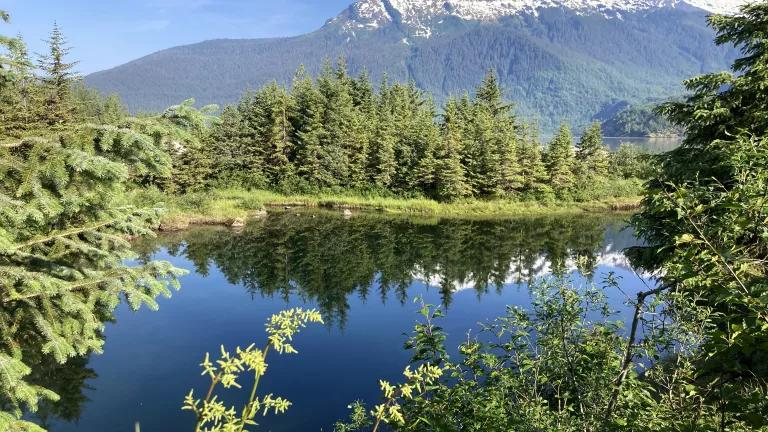In a victory for water conservation in California, the Board of the Yolo County Flood Control & Water Conservation District (Yolo) has approved a proposal to eliminate flat-rate water service from its rate structure and ensure that its last remaining flat-rate customers receive water through meters or other measuring devices and pay for the volume of water they receive. Yolo’s action was in response to a lawsuit filed by NRDC last May to require the Department of Water Resources to enforce state water conservation laws when it approves grants to California water suppliers. NRDC applauds Yolo’s commitment to implementing required water conservation measures in today’s settlement agreement, despite DWR’s notable failure to play its part in conserving California’s water supply.
California’s landmark Water Conservation Act of 2009 requires the measurement of all agricultural water deliveries and the billing of water customers by volume. Previously it was common practice for many irrigators to pay for water without regard to the volume of their use. The 2009 law further required that the new conservation-oriented billing practices be a condition of eligibility for state grants and loans to agricultural water districts. Under the law, applicants for state funds are to certify that such practices are already being implemented, or agree to implement such practices as part of the grant agreement with the state. Nevertheless, Yolo applied for and received a funding award from DWR without any commitment to phase out flat-rate pricing for water. As my colleague Josh Purtle discovered, Yolo had disclosed that it still served customers under a flat rate schedule when it applied for its grant, yet DWR made the grant award to the district without requiring a changeover of service to volume-based charges for those customers.
In order for the district to bill customers by volume, the water delivered to each customer has to be measured. Yolo did not have devices in place to accurately measure the water used by each flat-rate customer. Under our settlement agreement, Yolo commits to measuring all water delivered to customers with measurement devices that comply with California’s Agricultural Water Measurement Rule.
Through this lawsuit, NRDC did what DWR should have done all along―insist that water suppliers implement water conservation measures by a date certain as a condition for receiving state grant funding. Yolo’s small grant request for a drought mitigation project that itself will save water was never objectionable to us, but DWR’s failure to ensure compliance by grant applicants with state water conservation statutes was. Not only did DWR fail to implement the law, but it also failed to implement a clear directive from Governor Brown in his April 25, 2014 Executive Order, where Directive 5 stated –
All state agencies that distribute funding for projects that impact water resources, including groundwater resources, will require recipients of future financial assistance to have appropriate conservation and efficiency programs in place.
There is still a lot of work to be done. Under the Water Bond approved by California voters in 2014, billions of dollars will made available to local agencies for water-related projects over the next four years. DWR must exercise greater diligence in making sure future state grant and loan recipients implement required conservation measures. Additionally, DWR’s contracts with water suppliers must include clear and enforceable language requiring the applicant to implement any required conservation measures not already in place by a date certain. That way, projects need not be held up, and conservation practices will be implemented. NRDC will continue to press DWR to do its job and comply with the law and the Governor’s order.


